Scalp Psoriasis Hair Loss: Causes, Treatment, And Prevention
We dig into the association between this medical condition and uncontrolled hair fall.

Image: Shutterstock
Scalp psoriasis is an autoimmune condition that makes your scalp itchy. Reddish, scaly patches and silvery scales on your scalp are the symptoms of this scalp problem. But another common occurrence is scalp psoriasis hair loss. The condition causes irritation and discomfort, leading to an intense itchy feeling, making you scratch the scalp. Scratching your scalp excessively may damage your hair follicles and cause temporary hair loss.
Though scalp psoriasis cannot be treated, you can minimize the resultant hair fall by taking some measures. This article explores some effective measures you can take to manage scalp psoriasis. Keep reading.
In This Article
Are There Different Types Of Psoriasis?
Yes, numerous kinds of psoriasis are present and before diving into our main topic of scalp psoriasis let us understand a few other common types as well below.
- Plaque Psoriasis: One of the most common types of psoriasis and characterized by red, raised patches, covered with silvery scales. It is associated with an overactive immune system and affects areas like elbows and knees.
- Guttate Psoriasis: Small, dot-like lesions that are often triggered by infections and are commonly found on arms, legs, and the trunk.
- Inverse Psoriasis: It is aggravated by friction and sweating and is distinguished by red, inflamed lesions found in skin folds and areas like under the breasts, armpits, and groin.
- Nail Psoriasis: It is commonly associated with plaque psoriasis and affects the nails causing discoloration and abnormal growth.
- Scalp Psoriasis: Causes red, itchy, scaly patches on the scalp and is an overactive immune response.
Now, let us understand this skin condition better in the next sections and explore the possible remedies and preventive measures. Read on to learn more about psoriasis.
Key Takeaways
- Scalp psoriasis is an autoimmune condition that manifests as itchy, reddish, scaly patches and silvery scales on the scalp.
- While psoriasis does not directly cause hair loss, excessively scratching the scalp may damage hair follicles and cause temporary hair loss.
- Medicated hair products and shampoos with salicylic acid and topical corticosteroids can help to treat scalp psoriasis.
- It is important to avoid picking the plaques or scratching them to prevent hair loss and possible infections and to stay protected against extreme temperatures as that can trigger flare-ups.
Does Psoriasis Cause Hair Loss?
No. Psoriasis does not cause hair loss. However, this condition causes intense itching and discomfort, and scratching the red, scaly plaques for relief damages the hair follicles, leading to temporary hair loss. If you are facing hair loss, it is crucial to determine the cause, type, and severity to understand the exact reason behind it.
This autoimmune condition speeds up the rate of skin cell turnover, causing red and scaly patches on your skin. Psoriasis can affect any body part. However, the scalp is the most affected body part. A study with 4016 adults assessed the body parts most affected by psoriasis. The most common place was the scalp (43%), followed by the face (29.9%), nails (24.5%), soles (15.6%), genitals (14.1%), and palms (13.7%). About 64.8, 42.4, and 21.9% of the patients suffered psoriasis in 1, 2, or 3 areas. Scalp psoriasis may occur alone or with other forms of the condition (1).Grace Saunderson, a YouTuber, talks about her psoriasis and hair loss ordeal. She said, “My mom started to notice that I had red rashes throughout my head, and at this point, my psoriasis really started.” She added, “I started to notice that my hair was actually falling out, and it was falling out quite quickly. Every time I brush my hair, lumps of hair come out (i).
In the next section, let’s try to understand the causes of psoriasis.
What Causes Scalp Psoriasis?
The exact causes of psoriasis are unknown. It is believed that genetic and environmental factors increase the likelihood of developing psoriasis. However, that does not mean whoever has that particular gene will develop psoriasis.
This autoimmune condition is mediated by the T-helper cells (a type of T cells that facilitate immune response). The T-cells in your immune system start attacking the healthy cells by mistake. As a result, the skin cells rapidly produce new cells, causing thick and scaly patches (2), (3).
If you have mild psoriasis, you may notice scaling. In case of severe psoriasis, you may notice the symptoms mentioned below.
Symptoms Of Psoriasis
- White or silver scales
- Redness and bumpy patches
- Flaking
- Itching, irritation, and burning sensation
- Dry scalp
- Hair fall
- Cracked skin (may bleed)
If you notice any of the symptoms, consult a doctor immediately and start treatment. Luckily, hair loss due to scalp psoriasis is temporary. Once the symptoms are gone, normal hair growth will resume. Take a look at the treatment options for scalp psoriasis.
Treatments For Scalp Psoriasis
The doctor may suggest topical ointments and oral medicines for managing psoriasis.
1. Topical Methods
The doctor may suggest medicated shampoos, creams, sprays, and oils for managing the symptoms. They may suggest shampoos with salicylic acid and coal tar, dithranol cream (0.1%-3%), and topical corticosteroids (4).
2. Oral Medications
Systemic therapies involving oral medications can improve psoriasis. Several case reports found that medicines like apremilast (for moderate to severe cases), anti-TNF medicines like etanercept, adalimumab, infliximab, and interleukines inhibitors like ustekinumab (IL-12/23 inhibitor), ixekizumab (IL-17 inhibitor), secukinumab (IL-17 inhibitor) could improve psoriasis symptoms (4). However, there haven’t been any formal studies to evaluate the efficacy of these medicines.
Other treatment options like UV and laser therapies are often used for managing psoriasis on other body parts. However, these therapies are not practical for the scalp.
It is crucial to adhere to the doctor’s advice to manage psoriasis. Also, you can explore homeopathy treatments for psoriasis as a complementary option. Although not a primary treatment, some individuals find homeopathic remedies helpful alongside traditional therapies. However, you can also take several steps to mitigate the flare-ups.
Prevention Tips To Manage Psoriasis
1. Keep Your Scalp Moisturized
Dry skin can worsen the symptoms. Hence, use doctor-prescribed moisturizers, lotions, ointments, and oils to keep your scalp hydrated.
 Quick Tip
Quick Tip2. Never Scratch The Scalp
Avoid picking the plaques or scratching them. This may lead to bleeding and infections and worsen your condition. Scratching your scalp may also damage the hair follicles and cause hair loss. To minimize irritation, use medicated shampoos and lotions to soothe the skin.
3. Avoid Extreme Temperatures
Extreme hot, cold, and dry conditions can trigger flare-ups. If you stay in a place with dry climatic conditions, take precautions to keep the scalp moisturized. Use a humidifier in your home or office to maintain optimal humidity levels.
4. Avoid Self-Medication
Do not use OTC medicines or any home remedies without consulting your doctor. Drugs and certain ingredients may worsen the condition and cause side effects.
5. Minimize Stress
Stress has no link with psoriasis flare-ups. However, the condition can be quite distressing. Try to minimize stress and relieve anxiety by indulging in any activity that relaxes your mind.
6. Check Your Alcohol Consumption
Alcohol aggravates inflammation and affects the bodys immunity. It can cause flare-ups and increase your susceptibility to infections (5). Therefore, stay away from alcohol.
7. Maintain A Healthy Lifestyle
Consuming a balanced diet
and exercising helps to maintain your overall health. Fresh green veggies, fruits, meat, and seafood help build immunity and keep your skin and hair healthy.
 Quick Tip
Quick TipIf you have scalp psoriasis, you have to be very careful about your hair care routine. Scroll down to find answers to a few doubts you may have.
How Often Should You Wash Hair?
It depends on the severity of your condition. However, avoid frequent washing. Use a medicated shampoo and wash your hair not more than once or twice a week. Consult a doctor to known the hair washing frequency as per the severity of your condition.
Is Short Hair Better For Scalp Psoriasis?
Cutting the hair short may make it easy for you to apply topical medications and shampoos.
Scalp psoriasis hair loss cannot be cured. However, you can effectively manage the condition and minimize hair loss with the right treatment and medication. Consult a doctor immediately if you notice itchy and scaly patches on your scalp and hair loss. Timely medical intervention can minimize the damage and reduce the symptoms. Do not panic, as psoriasis hair loss is temporary. Once you start treatment, you will notice hair growth. However, you must also take care of your diet and lifestyle and follow a good hair care regimen to address scalp problems. Moreover, knowing the various causes and types of scalp problems is crucial to finding the right treatment. Consult a doctor to learn which hair care products may keep your hair healthy without irritating the scalp and causing flare-ups.
Frequently Asked Questions
Will hair grow back after scalp psoriasis?
Yes, hair grows back after the complete management of scalp psoriasis. However, it may take 2-3 months for the hair to grow back after psoriasis clears. Along with proper treatment, following a psoriasis diet rich in anti-inflammatory foods may help manage symptoms and support overall hair and scalp health.
Which hair oil is best for scalp psoriasis?
Coconut oil is generally used to manage scalp psoriasis. It has no potential side effects and effectively moisturizes the scalp, which helps reduce scalp psoriasis. Therefore, incorporating coconut oil as part of your remedies for scalp psoriasis can relieve dryness and irritation.
Seeking medical guidance and maintaining a healthy lifestyle may help manage scalp psoriasis and minimize its impact on hair health. Check out the video below that shows the creator’s personal experience with psoriasis and hair loss and what helped improve the condition.
References
Articles on StyleCraze are backed by verified information from peer-reviewed and academic research papers, reputed organizations, research institutions, and medical associations to ensure accuracy and relevance. Read our editorial policy to learn more.
- Management of scalp psoriasis: current perspectives.
https://www.ncbi.nlm.nih.gov/pmc/articles/PMC5683126/ - Psoriasis and comorbidities: links and risks.
https://www.ncbi.nlm.nih.gov/pmc/articles/PMC4000177/ - Advances in treating psoriasis.
https://www.ncbi.nlm.nih.gov/pmc/articles/PMC3883421/ - Management of scalp psoriasis: current perspectives https://www.ncbi.nlm.nih.gov/pmc/articles/PMC5683126/
- Psoriasis and alcohol https://www.ncbi.nlm.nih.gov/pmc/articles/PMC6709030/
- Severity of Psoriasis Among Adult Males is Associated with Smoking, Not with Alcohol Use
https://www.ncbi.nlm.nih.gov/pmc/articles/PMC4037942/
(i) MY HAIR LOSS AND PSORIASIS STORY ♡
https://www.youtube.com/watch?v=jRg3h9oln_g
References:
Read full bio of Dr. Sergio Vañó Galván
Read full bio of Ramona Sinha
Read full bio of Anjali Sayee
Read full bio of Swathi E







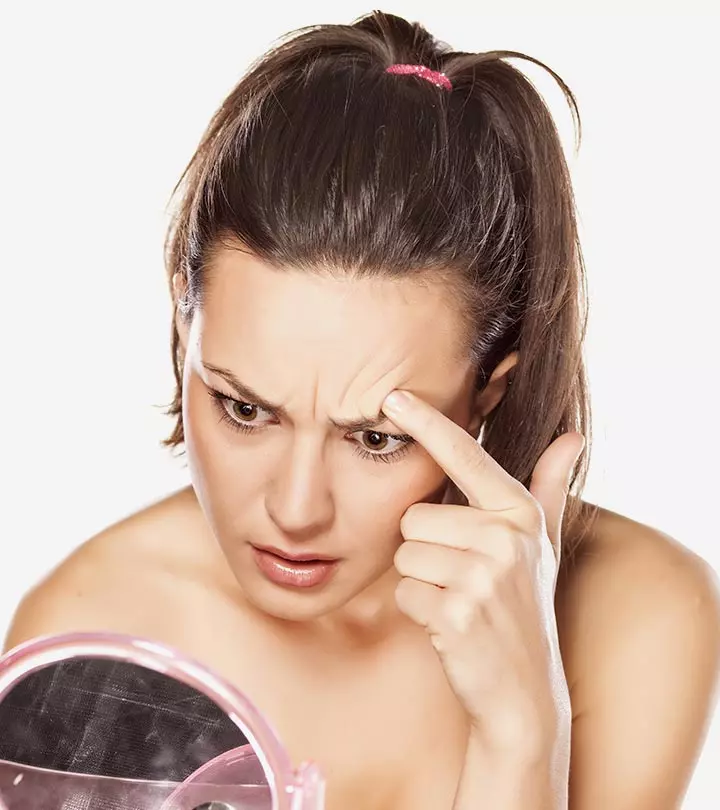
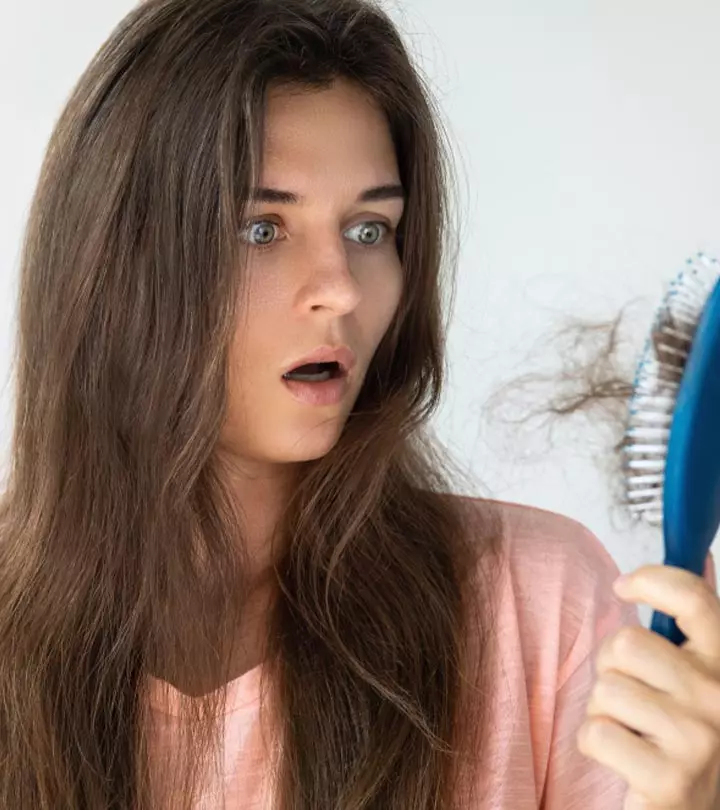


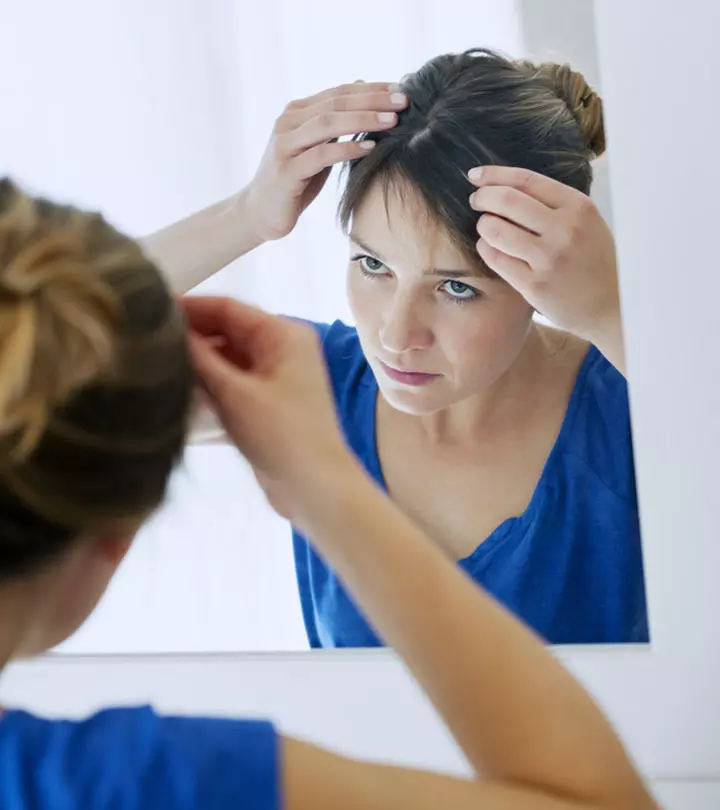
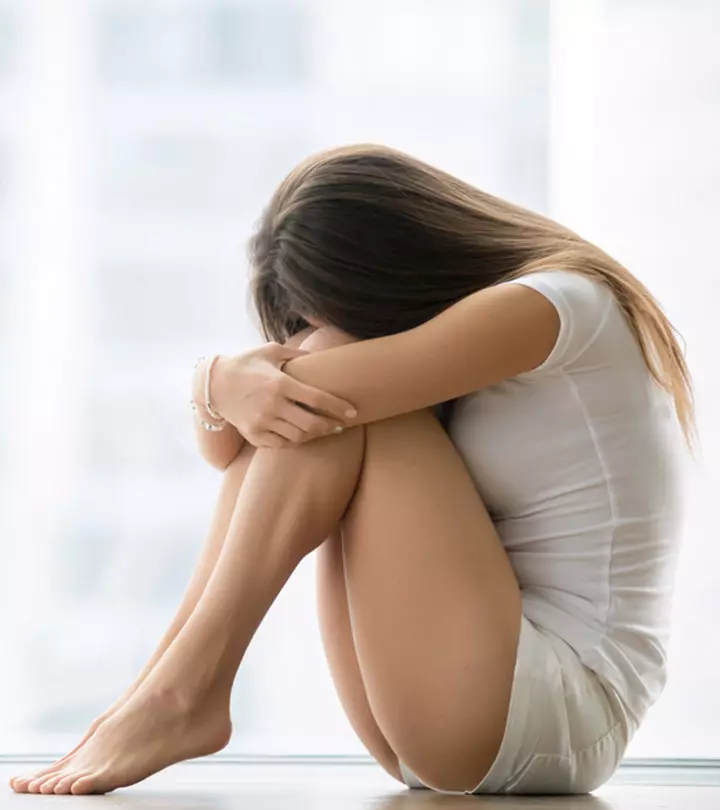
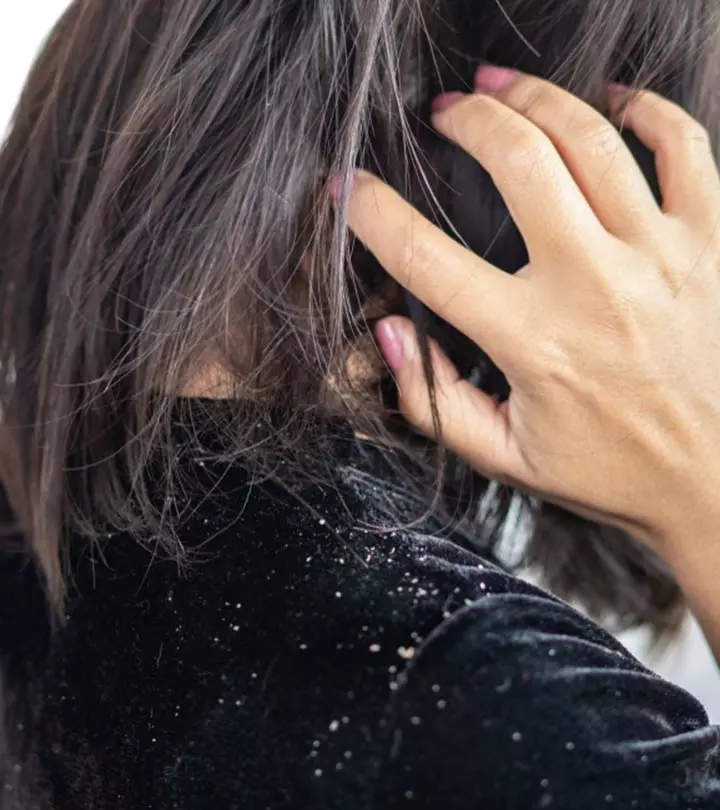





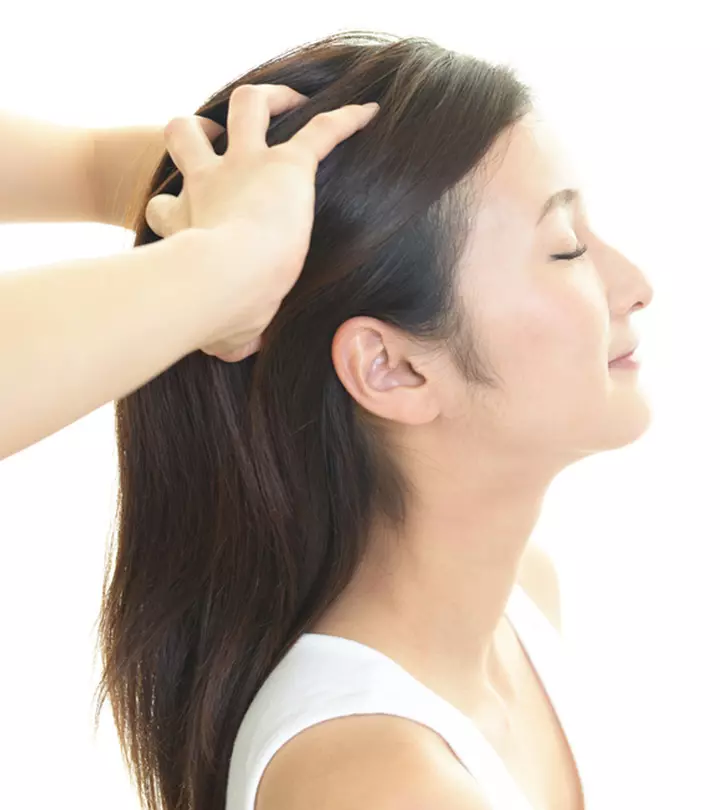
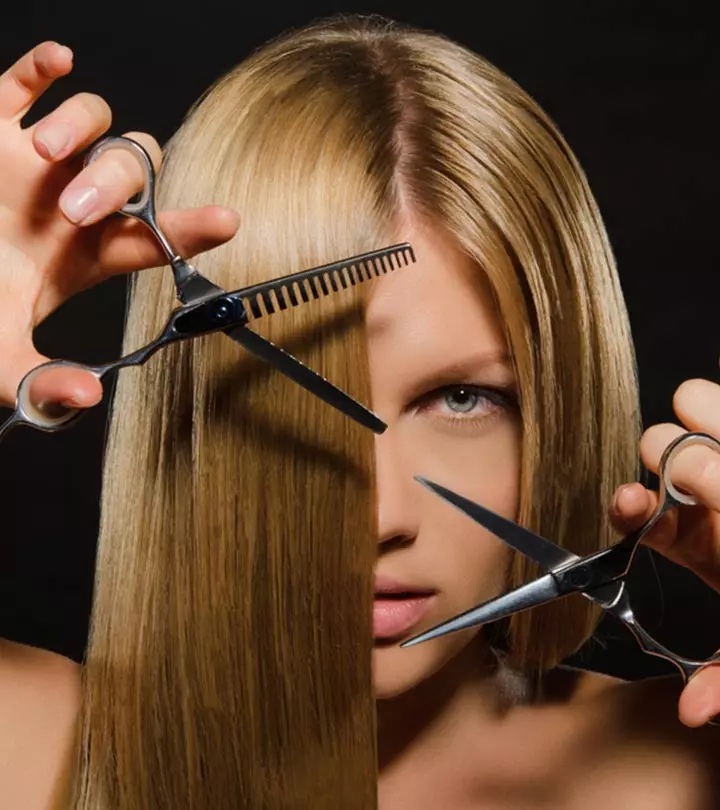


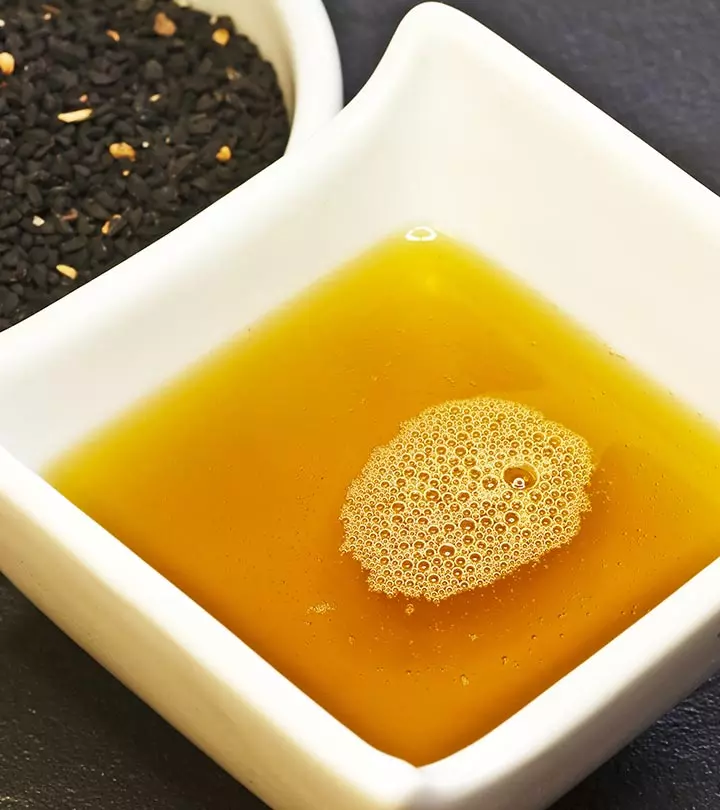




Community Experiences
Join the conversation and become a part of our empowering community! Share your stories, experiences, and insights to connect with other beauty, lifestyle, and health enthusiasts.